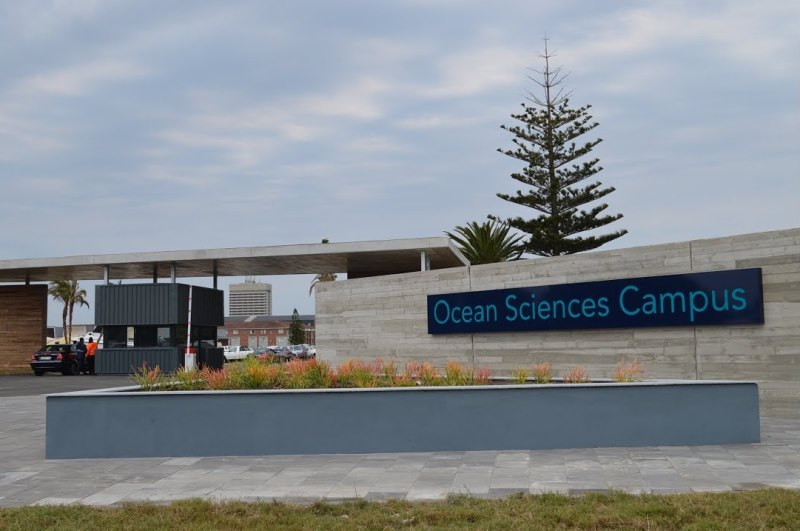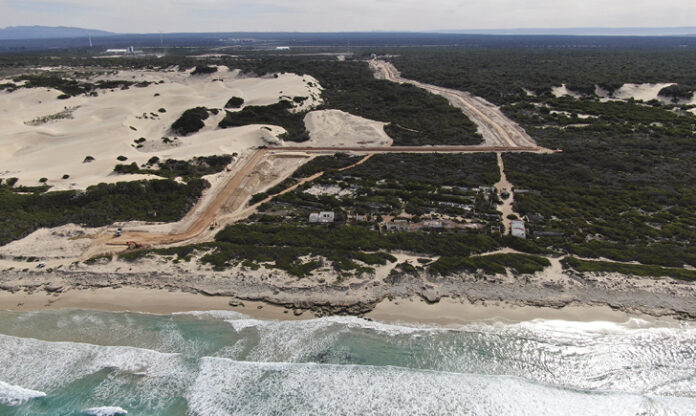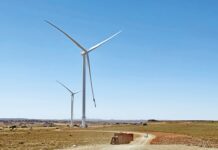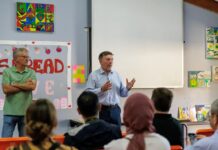The Oceans Economy is seen as a previously untapped resource where enormous progress can be made in areas such as maritime repair and maintenance (via the province’s three ports), support for oil and gas exploration and paying more attention to fishing and aquaculture. An Oceans Economy Master Plan has been created and so far, 73 co-operatives have been awarded 15-year licences by the National Department of Forestry, Fisheries and the Environment (DFFE).
The Eastern Cape’s long coastline has great potential. The Coega Aquaculture Development Zone (ADZ) was launched in 2020. It is intended to be a catalyst for unlocking the Eastern Cape’s aquaculture value chain and is expected to be an enabler for job creation.
The 100-hectare ADZ is located in Zone 10 of the Coega Special Economic Zone (Coega SEZ) and the R206-million first phase created 500 construction jobs. The Eastern Cape Development Corporation (ECDC) expects it to create a further 5 600 operational jobs.
Transnet has budgeted R1-billion to establish boat-building and ship-repair facilities at the Port of East London as well as a Maritime Training College.
Several cluster development programmes aim to develop specific industries by bringing together expertise and logistical support. Marine manufacturing is the focus of the Mandela Bay Composites Cluster (MBCC). With funding from the Eastern Cape Department of Economic Development, Environmental Affairs and Tourism (DEDEAT) and the National Department of Trade, Industry and Competition (dtic), the MBCC targets skills development, innovation in the field of composites and improving the value chain.
Although both the Coega SEZ and the East London Industrial Development Zone (ELIDZ) have programmes to attract companies in a wide range of sectors (Coega has 14 distinct business zones), developments in the Oceans Economy and the oil and gas sector are showing the greatest promise.
Ports are vital to the functioning of the Oceans Economy. Transnet has budgeted R1-billion to establish boat-building and ship-repair facilities at the Port of East London as well as a Maritime Training College as part of Operation Phakisa, the national programme to fast-track key projects.
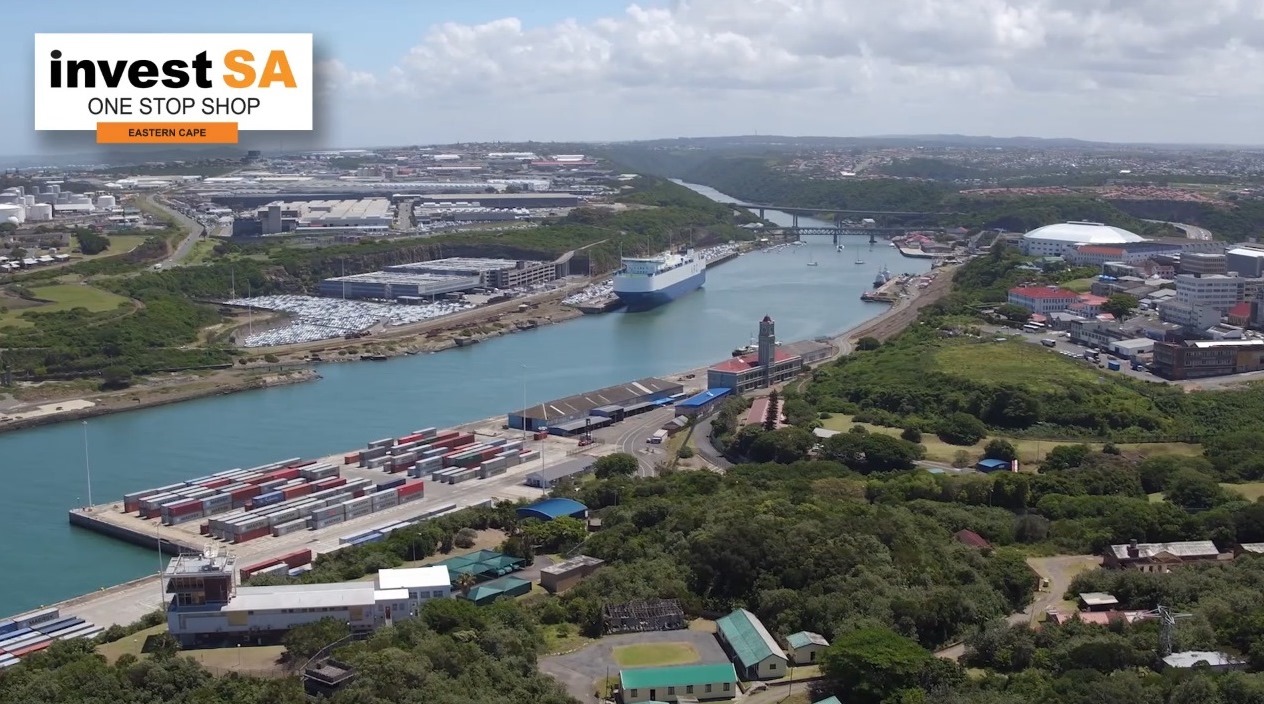
Transnet has appointed the Coega Development Corporation (CDC) as the implementing agent for the creation of a R3.4-billion manganese export terminal at the Port of Ngqura. This follows a decision by Transnet to move the fuel tanks and manganese ore away from the Port of Gqeberha, which could unlock enormous value in terms of creating a waterfront attractive to tourists. This area could potentially link with the city’s major greenbelt, otherwise known as the Baakens River Valley.
The South Africa International Maritime Institute (SAIMI) aims to develop the contribution of the maritime sector to the economy by coordinating education, training and research with partner institutions. The Ocean Sciences Campus is Nelson Mandela University’s newest campus and is a hub for transdisciplinary, post-graduate ocean sciences research, teaching, innovation and engagement.
